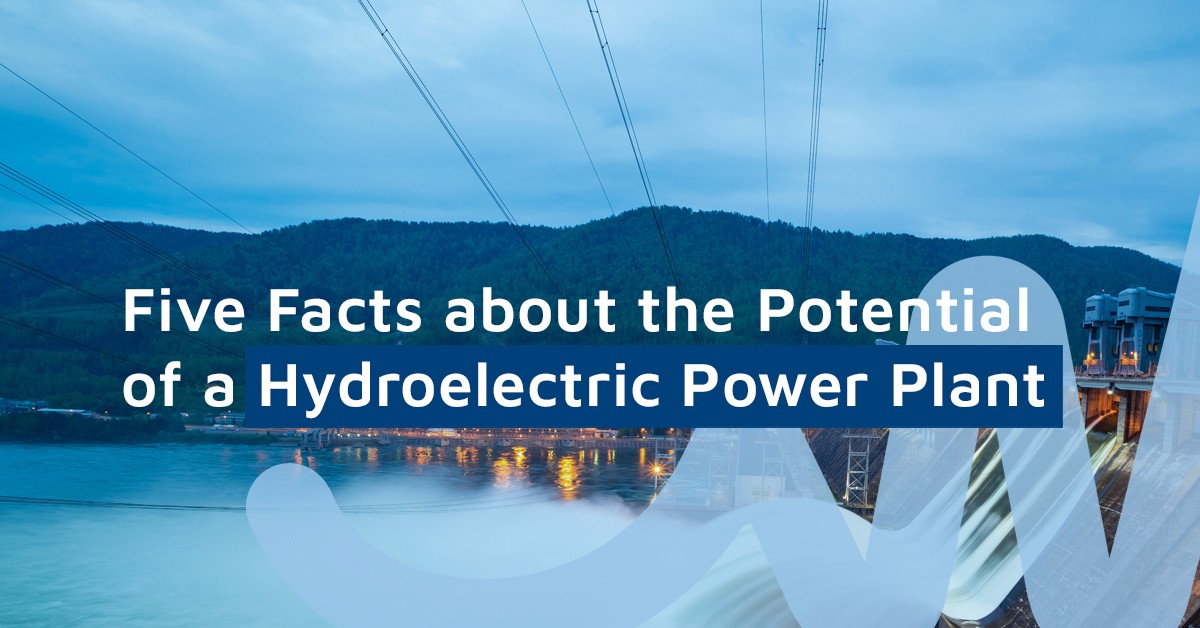Five Facts about the Potential of a Hydroelectric Power Plant
Hydroelectric power plants use hydropower to generate renewable electricity. The process converts the natural flow of water into kinetic energy, which a turbine then converts into mechanical energy and subsequently into electrical energy when the turbine is coupled to a generator.
To harness water's kinetic energy, these plants are built next to dams that have been designed to create a powerful waterfall.
Advantages of hydroelectric power plants
1. Extremely low operating costs. Compared to other renewable technologies, hydropower has one of the lowest maintenance costs. A fact that compensates for the large investment involved in dam construction.
2. Adjustable and configurable output. A hydroelectric power plant can operate with an output that adjusts to demand throughout the day or year. Pumped-storage hydropower plants can store the turbined water and then pump it back to the dam reservoir and convert it back into the water resource to be used as needed.
3. The plants have a long service life. This is one of the biggest advantages of hydroelectric power plants. These renewable projects have one of the longest life cycles. Even though it can vary considerably and depends on the type of dam and construction, as well as the size and other environmental variables, their operating time ranges from 30 to 150 years! Not only does this make sense for investors, but for the planet as well.
4. The cheapest renewable energy. A long life cycle coupled with low operating costs means that water-generated electricity is always one of the most cost-effective energies to produce. Consequently, the economic benefit for plant owners or investors is much higher.
5. A highly stable and reliable resource. While it's true that hydroelectric power plants only operate in very specific geographical locations, It’s a constant energy source, unlike the wind and sun, which allows to regulate the flow rate and the energy provided.
Plus, hydroelectric power plants play another key role for their environment that goes beyond their positive impact on renewable energy production: they regulate the flow of rivers. In the event of strong floods, this type of plant can take advantage of the excess water, channeling it and using it to produce energy while preventing a local disaster.
Do you know any other advantages of hydropower that you'd like to share with us? Vector Renewables would be happy to read your story and help you with your hydropower project from start to finish.
When you subscribe to the blog, we will send you an e-mail when there are new updates on the site so you wouldn't miss them.

